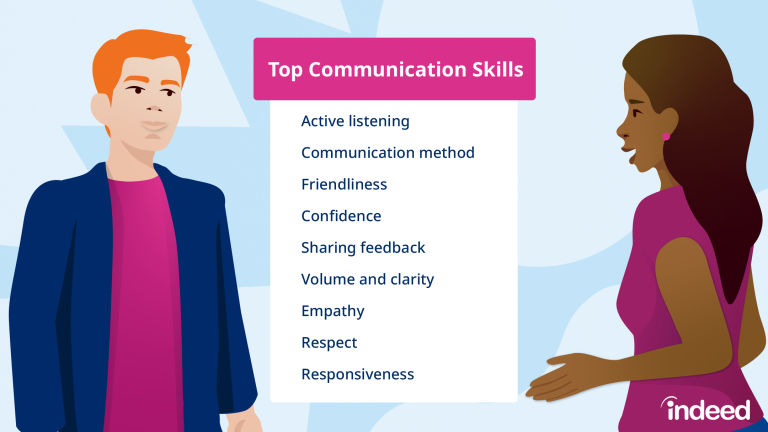How Do You Handle Stress And Pressure?
Stress and pressure are common aspects of our everyday lives. Whether it’s due to work, relationships, or personal challenges, everyone experiences stress at some point. It’s essential to have effective strategies in place to handle stress and pressure in a healthy and productive manner. In this article, we’ll explore some practical ways to manage stress effectively.
1. Identify the Source of Stress
The first step to tackling stress and pressure is to identify their source. Take a moment to reflect on what triggers your stress. Is it work-related? Is it a particular relationship? Understanding the root causes of your stress will enable you to develop targeted strategies to manage them.
2. Practice Deep Breathing and Relaxation Techniques
When stress starts to overwhelm you, it’s crucial to take a moment to pause and practice deep breathing. Deep breathing helps activate your body’s natural relaxation response, reducing the impact of stress on your mind and body. Additionally, you can try other relaxation techniques such as meditation, yoga, or progressive muscle relaxation.
3. Prioritize and Organize
Feeling overwhelmed is a common response to stress and pressure. To combat this, prioritize your tasks and create a to-do list. Identify the most critical tasks and break them down into manageable steps. By organizing your responsibilities effectively, you’ll be able to focus on one task at a time, reducing stress and increasing productivity.
4. Maintain a Healthy Lifestyle
A healthy lifestyle plays a significant role in managing stress. Make sure you’re getting enough sleep, eating a balanced diet, and engaging in regular exercise. Proper rest, nutrition, and physical activity help boost your resilience to stress and improve your overall well-being.
5. Seek Support from Loved Ones
Don’t hesitate to reach out to your friends, family, or trusted colleagues for support. Sharing your feelings and concerns with someone you trust can help provide perspective and emotional support. Additionally, they may offer valuable advice or help you brainstorm solutions to the challenges you’re facing.
6. Practice Time Management
Inadequate time management often leads to stress and pressure. Learn to manage your time effectively by setting realistic goals, prioritizing tasks, and avoiding procrastination. Break larger tasks into smaller, more manageable ones and allocate specific time slots for each task. This will help you stay organized and reduce the feeling of being overwhelmed.
7. Take Breaks and Practice Self-Care
Allow yourself regular breaks throughout the day, especially during intense periods of stress and pressure. Engage in activities that you enjoy, such as walking, reading, or listening to music. Taking care of yourself physically, mentally, and emotionally is essential for managing stress effectively.
8. Change Your Perspective
Often, stress arises from how we perceive and interpret a situation. Try to reframe negative thoughts and replace them with positive ones. Practice gratitude and focus on what you have accomplished rather than what you haven’t. Shifting your perspective can help alleviate stress and pressure.
9. Engage in Relaxing Activities
Participating in activities that promote relaxation can significantly reduce stress levels. Consider activities such as taking a warm bath, practicing mindfulness, or engaging in a hobby you enjoy. Find what works for you and incorporate it into your routine as a way to de-stress.
10. Know Your Limits and Set Boundaries
Recognize your limitations and set boundaries in both your personal and professional life. Learn to say no when necessary and avoid taking on more than you can handle. Overcommitting yourself often leads to increased stress and pressure.
In conclusion, stress and pressure are unavoidable aspects of life, but how we handle them makes all the difference. By practicing various stress management techniques and adopting a healthy lifestyle, you can effectively reduce the impact of stress and pressure on your well-being. Remember to take care of yourself, seek support when needed, and maintain a positive outlook. Implement these strategies, and you’ll be better equipped to handle stress and pressure in a healthy and sustainable way.
Frequently Asked Questions For How Do You Handle Stress And Pressure?
How To Effectively Manage Stress And Pressure?
Managing stress and pressure effectively requires a combination of self-care, organization, and mindset. Prioritize self-care activities, such as exercise and relaxation techniques, to reduce stress levels. Implement time management strategies and break tasks into smaller, manageable steps. Cultivate a positive mindset by practicing gratitude and reframing negative thoughts.
What Are Some Healthy Coping Mechanisms For Handling Stress?
Healthy coping mechanisms for stress include exercise, deep breathing, and practicing mindfulness or meditation. Engaging in hobbies and spending time with loved ones can also provide stress relief. Additionally, journaling, seeking support from a therapist or support group, and setting boundaries in personal and professional life are effective ways to cope with stress.
How Can I Prevent Burnout From Stress And Pressure?
Preventing burnout involves maintaining a healthy work-life balance and setting realistic expectations. Prioritize self-care, such as taking regular breaks and ensuring enough sleep. Delegate tasks when possible and communicate openly with colleagues and supervisors about workload and stress levels. Implement stress management techniques, practice time management, and learn to say no to excessive commitments.

